
Strategic decisions open a new era for science
As the world is entering a period of rapid technological development, Vietnam's proactive participation in cutting-edge technology fields such as nuclear power and low-orbit satellite telecommunications (LEO) is no longer an option but a necessity.
At the 9th extraordinary session of the 15th National Assembly, which took place from February 12 to the morning of February 19, delegates discussed and unanimously passed a series of important resolutions. Notable among them were the decision to pilot investment in a low-orbit satellite telecommunications network, restart the Ninh Thuan nuclear power project, and a special mechanism for scientific research.
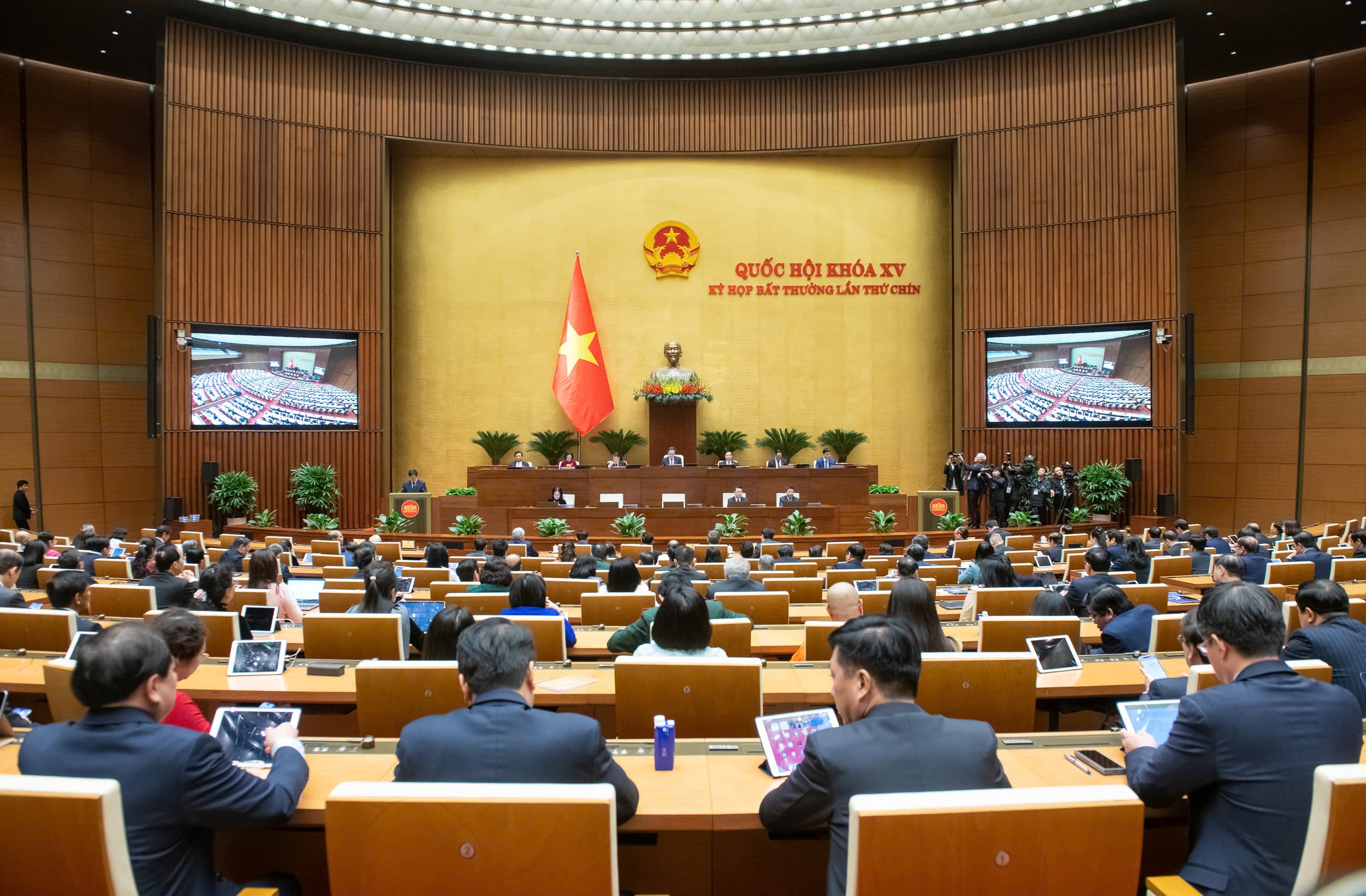 The 9th extraordinary session of the 15th National Assembly (Photo: Pham Thang).
The 9th extraordinary session of the 15th National Assembly (Photo: Pham Thang).
These decisions not only reflect a long-term vision but also demonstrate Vietnam's determination in its journey to conquer technological heights and ensure national energy and information security.
Reporting on the results of the 9th extraordinary session of the 15th National Assembly, Deputy Head of the National Assembly Office Vu Minh Tuan said: "The 9th extraordinary session is of special importance to urgently submit to the National Assembly for consideration and decision many urgent issues to serve the revolution of reorganizing and streamlining the apparatus, meeting the very high requirements of the country in the new era.
Continue to remove difficulties and obstacles in institutions and policies to promote resources, create new development space, and contribute to successfully implementing the goals set by the 15th National Party Congress."
Development of low-altitude satellite telecommunications
According to the Resolution on piloting a number of special mechanisms and policies to create breakthroughs in science, technology, innovation and national digital transformation that has just been passed, the National Assembly has allowed the controlled pilot implementation of telecommunications services using low-orbit satellite technology (LEO).
 The National Assembly has allowed a controlled pilot deployment of telecommunications services using low-orbit satellite technology (Photo: Getty).
The National Assembly has allowed a controlled pilot deployment of telecommunications services using low-orbit satellite technology (Photo: Getty).
This is a strategic step to help Vietnam improve its telecommunications connectivity capacity, narrow the digital gap between regions and create an infrastructure foundation for national digital transformation.
Accordingly, the pilot will last no more than 5 years and must end before January 1, 2031. The implementation process must ensure basic principles of security, defense, information security and national interests.
The Resolution emphasizes that there is no limit on the percentage of shares owned, capital contributions or contribution ratios of foreign investors in this field.
The low-band satellite telecommunications service pilot will allow businesses to provide services with a flexible frequency licensing mechanism, minimizing administrative procedures.
Enterprises are allowed to register to use frequencies and radio equipment for satellite systems, replacing the individual licensing for each end user. This is a major change that helps shorten deployment time, improve operational efficiency and optimize investment costs.
 Deploying a LEO satellite network will bring many practical benefits, especially in improving connectivity (Photo: Getty).
Deploying a LEO satellite network will bring many practical benefits, especially in improving connectivity (Photo: Getty).
To ensure safety and strict control, the Ministry of National Defense and the Ministry of Public Security will coordinate to implement inspection and supervision measures throughout the pilot period. Participating enterprises must fully meet the requirements on data security, not cause interference with national frequencies and comply with regulations on aviation and maritime safety.
Deploying LEO satellite networks will bring many practical benefits, especially in improving connectivity in remote, border and island areas.
With support from specific mechanisms in the Resolution, Vietnam expects to soon master low-orbit satellite technology, develop advanced telecommunications services and gradually participate in the global supply chain in the space sector.
This is an important part of the national digital infrastructure development strategy for the 2025-2030 period, aiming to build Vietnam into an advanced digital nation in the region.
Specific mechanism for nuclear power
Vietnam is facing increasing pressure on electricity demand, especially as the economy grows rapidly. Forecasts from the Ministry of Industry and Trade show that by 2035, electricity demand could reach more than 500 billion kWh.
In the context of gradually depleting fossil energy resources and a commitment to zero net emissions by 2050, nuclear power is considered an inevitable solution to ensure national energy security and sustainable development.
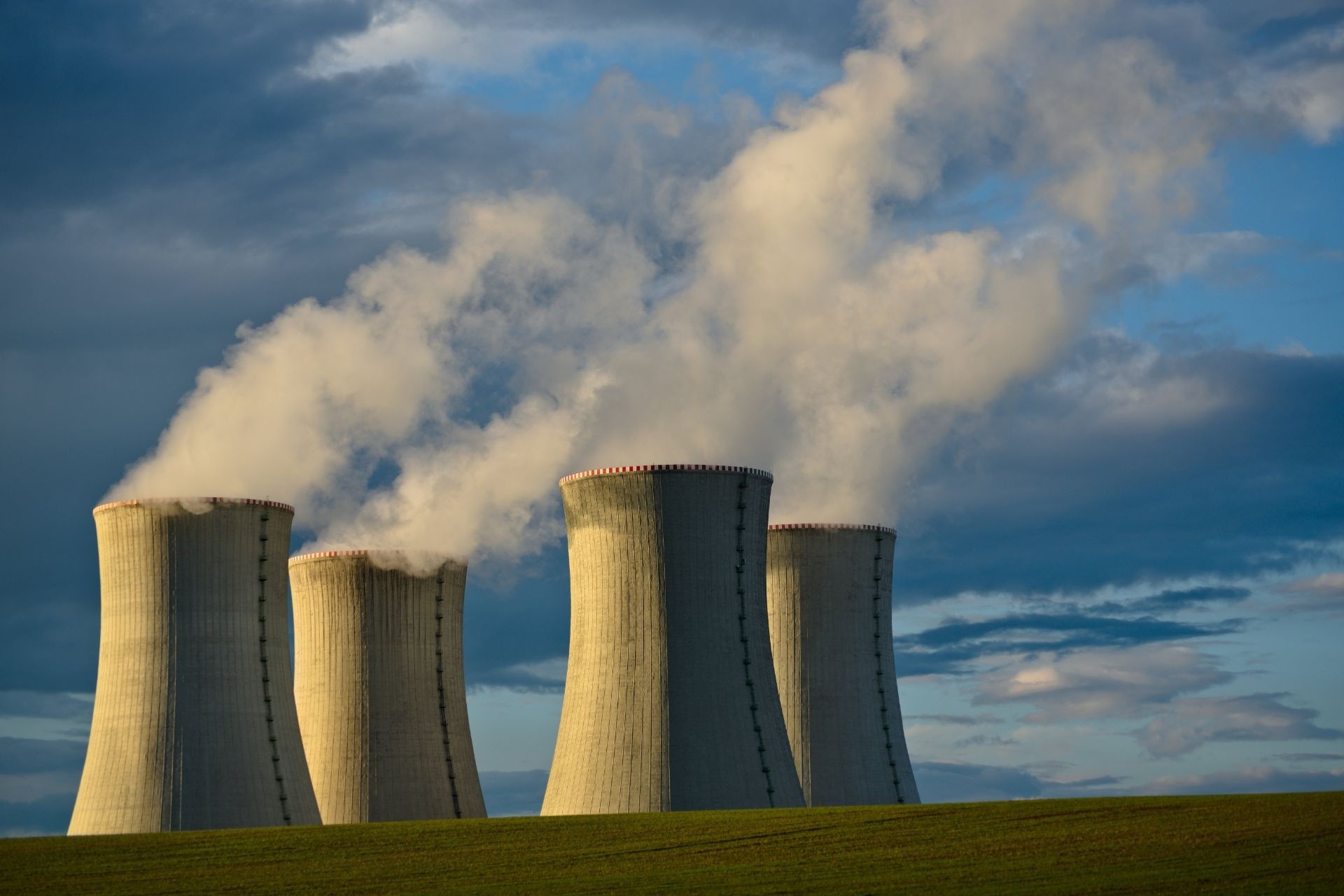 The National Assembly passed a special policy on nuclear power (Illustration photo: Getty).
The National Assembly passed a special policy on nuclear power (Illustration photo: Getty).
The Resolution on a number of special mechanisms and policies for investment in the construction of the Ninh Thuan nuclear power project was just passed by the National Assembly on the morning of February 19, with 96.03% of the total number of National Assembly deputies in favor.
This Resolution stipulates a number of special mechanisms and policies for investment in the construction of the Ninh Thuan Nuclear Power Project, including Ninh Thuan 1 Nuclear Power Plant, Ninh Thuan 2 Nuclear Power Plant and component projects, along with a number of special mechanisms and policies applicable to Ninh Thuan province to implement the project.
With special mechanisms and policies, the National Assembly resolved that the project be implemented simultaneously with negotiations with partners who have signed international treaties or with other partners to sign international treaties on cooperation in construction and credit provision for the implementation of the Ninh Thuan Nuclear Power Project, in parallel with the process of approving adjustments to the investment policy and approving the investment project.
In selecting investors and contractors, the National Assembly decided to give the Prime Minister the power to assign investors to implement projects.
The project also applies the form of designated bidding according to the shortened process for the turnkey package of construction of the main factory with the contractor in the international treaty.
The National Assembly also agreed to apply the form of contractor appointment according to a shortened process for important consulting packages in the investment preparation and project implementation stages, including: preparing and reviewing pre-feasibility study reports; consulting to assist investors in negotiating, signing, and managing the implementation of turnkey contracts; reviewing location approval documents, etc.
Applying the form of designated bidding according to a shortened process to assess technology, safety, security, and inspect nuclear regulations in the investment and construction stages of Ninh Thuan nuclear power projects is also a special policy approved by the National Assembly.
Emphasizing that nuclear power is a large-scale project, the first of its kind in Vietnam, the National Assembly requires mechanisms and policies to ensure the prevention and control of corruption, waste, and negativity.
Accordingly, the Prime Minister needs to establish a working group consisting of representatives from the following ministries: Ministry of National Defense, Ministry of Public Security, Ministry of Finance, Government Inspectorate, State Audit and relevant ministries and branches, to regularly monitor and supervise the implementation of bidding packages.
Investing in nuclear power not only helps Vietnam meet domestic electricity needs but also opens up opportunities to develop supporting industries, attract foreign investment and create thousands of jobs for local people.
In the long term, when the plant is operational, the cost of electricity production from nuclear energy will be stable and lower than many traditional energy sources, helping to reduce pressure on electricity prices and support sustainable economic growth.
Solving the "responsibility" problem, eliminating the "drawer topic" problem
Organizations and individuals participating in science and technology (S&T) tasks using the State budget will not have to repay the funds if the research does not achieve the expected results, provided that the research process and approved outline have been properly implemented.
 Many policy incentives for scientific research (Photo: Getty).
Many policy incentives for scientific research (Photo: Getty).
This is also a breakthrough in the National Assembly's Resolution on piloting a number of mechanisms and policies to remove obstacles in science, technology, innovation and national digital transformation activities.
This recognizes the uniqueness of scientific research: Not every project is successful, but failed research can yield other valuable discoveries.
This is one of the important solutions to promote the spirit of daring to think and dare to do in the scientific community, while reducing the fear of implementing cutting-edge research topics.
Budgeting to the final product - Ensuring effective use of budget
Another new point included in the Resolution is the method of allocating expenditure to the final product. Accordingly, the State will provide funding for scientific tasks based on product commitments with key quality criteria to be achieved.
This helps reduce cumbersome administrative procedures, allowing scientists to focus on their expertise instead of worrying about complicated payment processes. At the same time, product-based funding also promotes the responsibility of the host organization, forcing them to set real goals instead of chasing after formalities.
Research funding will be allocated through science and technology development funds, ensuring transparency and fairness. In addition, income from salaries and wages in science and technology tasks using the State budget is also exempt from personal income tax, helping to improve the remuneration regime for research teams.
Solving the "drawer topic" problem
This resolution also encourages the commercialization of research results to bring scientific products into practice, serving production and life needs. Accordingly:
Public scientific organizations and higher education institutions are allowed to establish or contribute capital to enterprises to deploy research products.
Managers working in these organizations are also allowed to participate in business operations, with the consent of the head of the agency (or direct superior if the head of the organization).
This opens up opportunities for scientists to directly bring products to market, creating economic value instead of stopping at reports and topics kept in drawers.
Dantri.com.vn








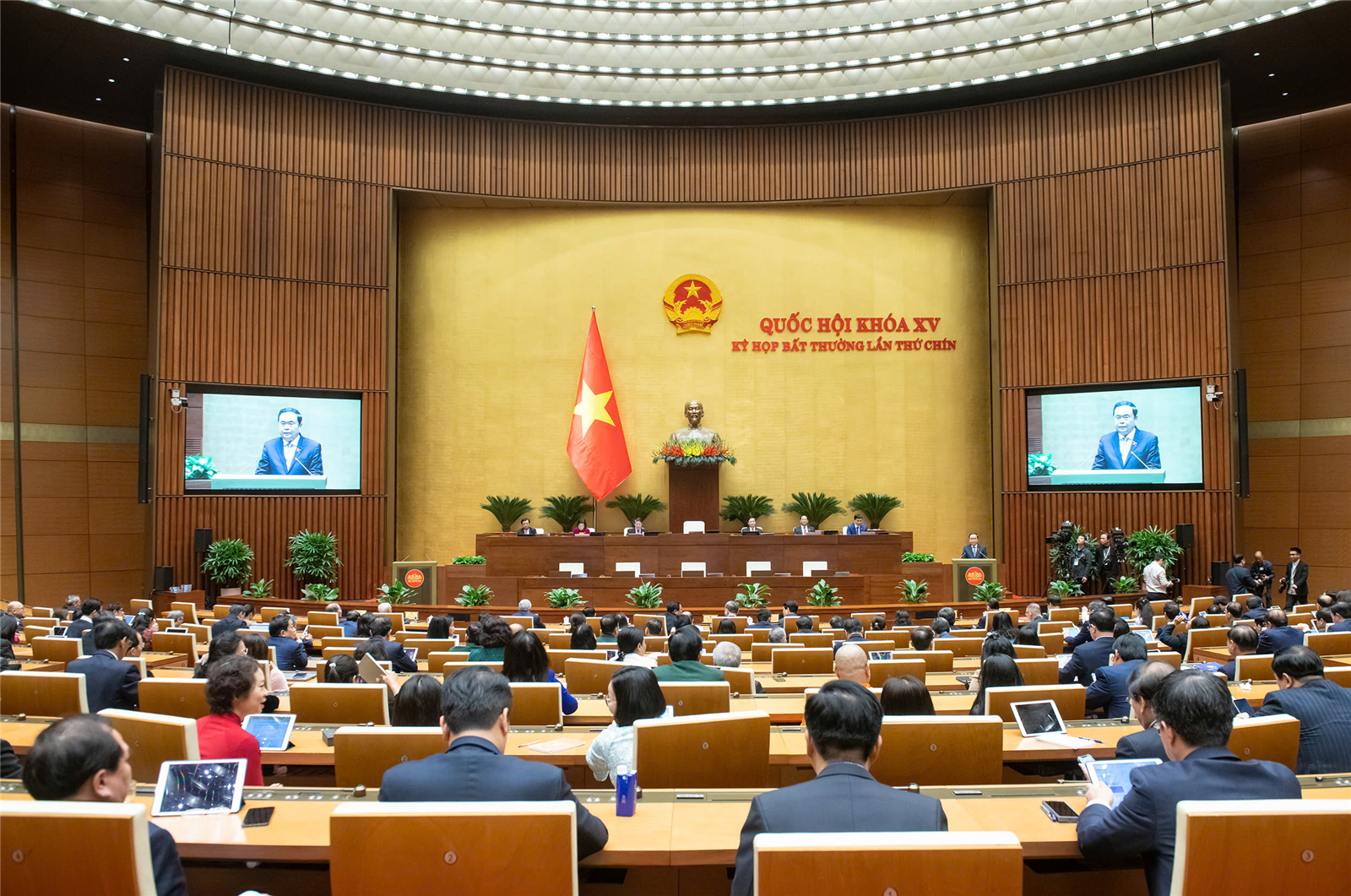



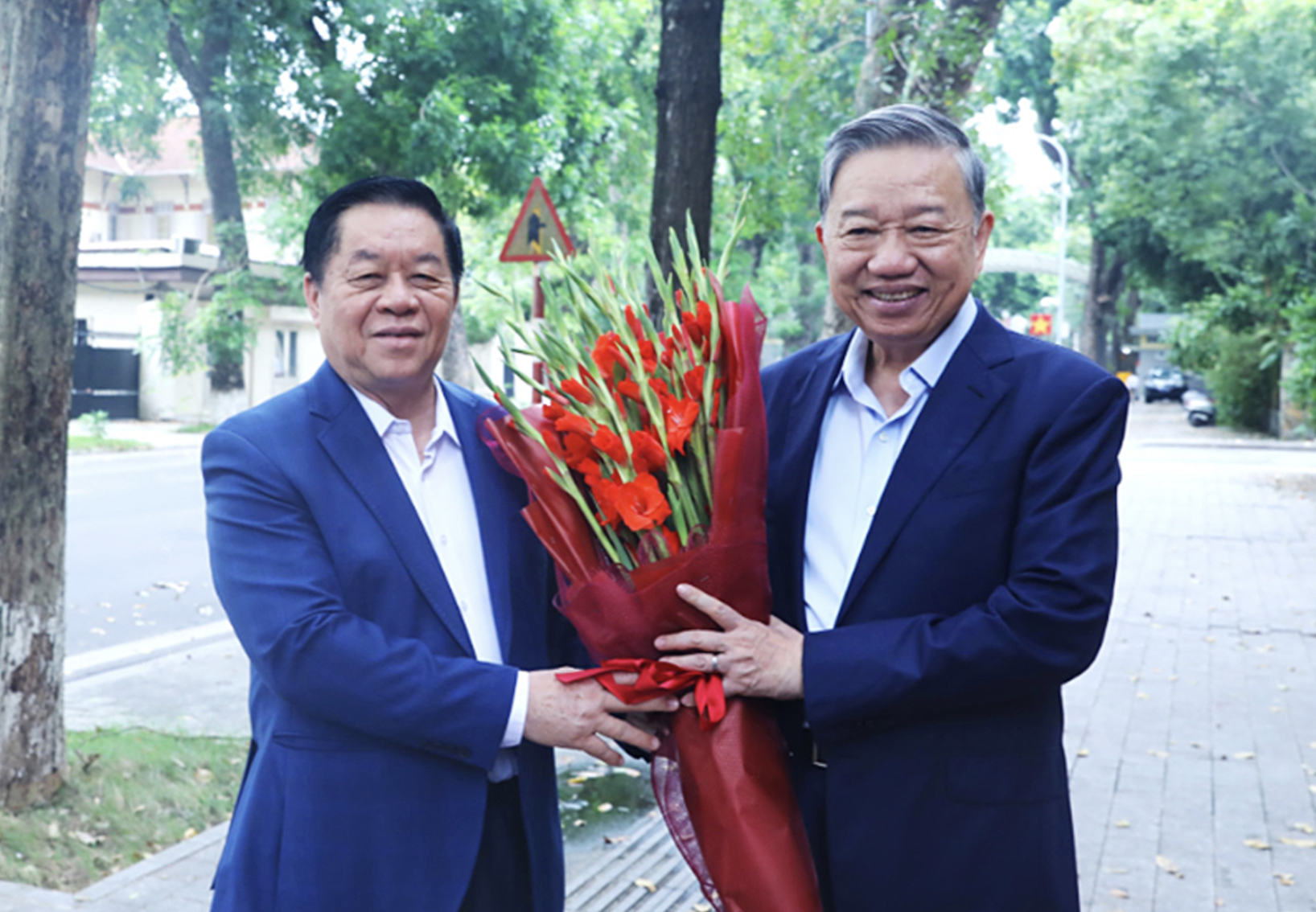
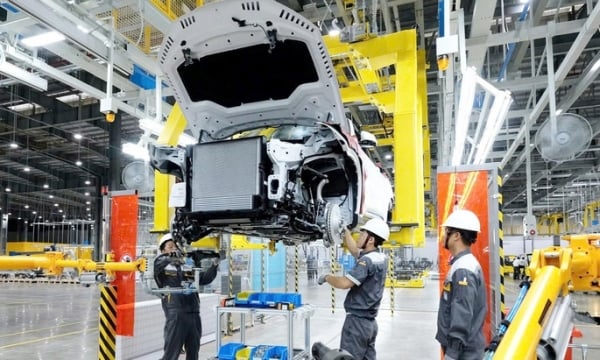






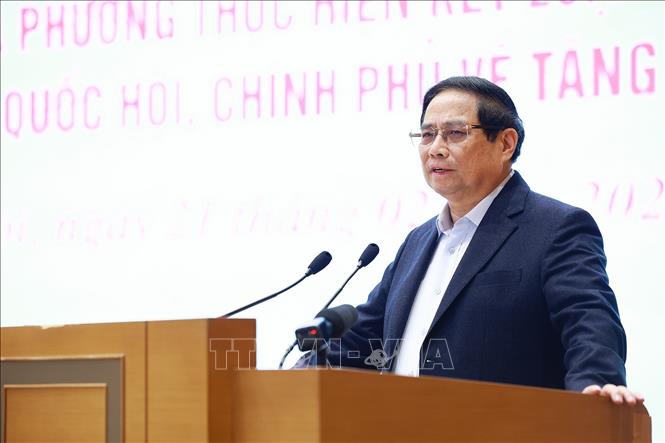






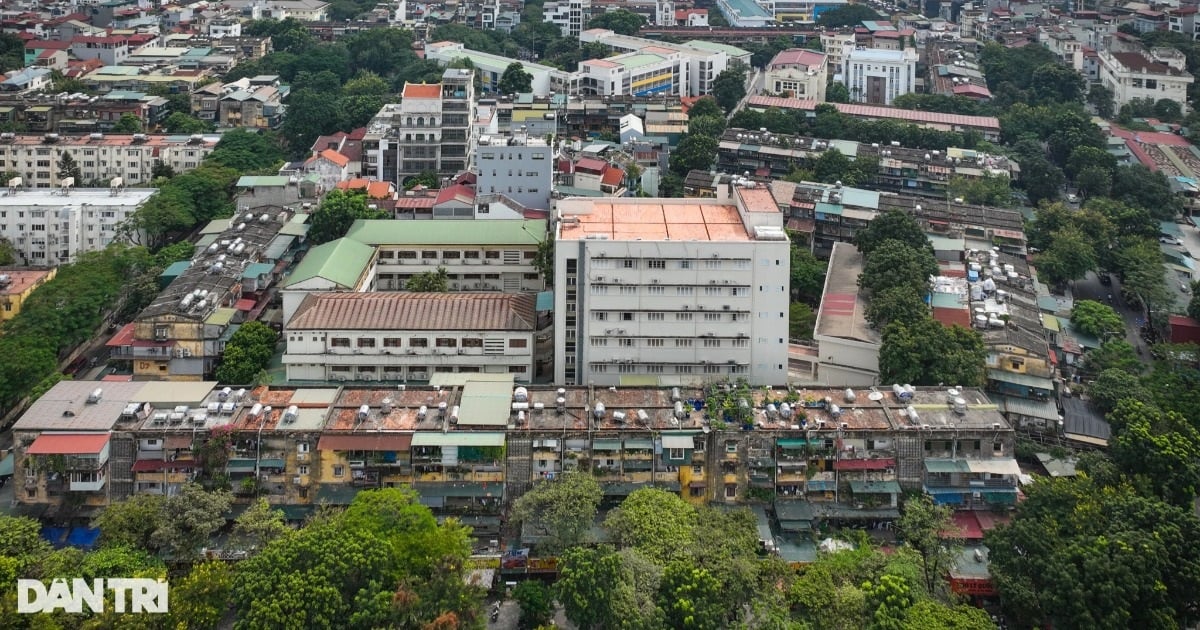






Comment (0)